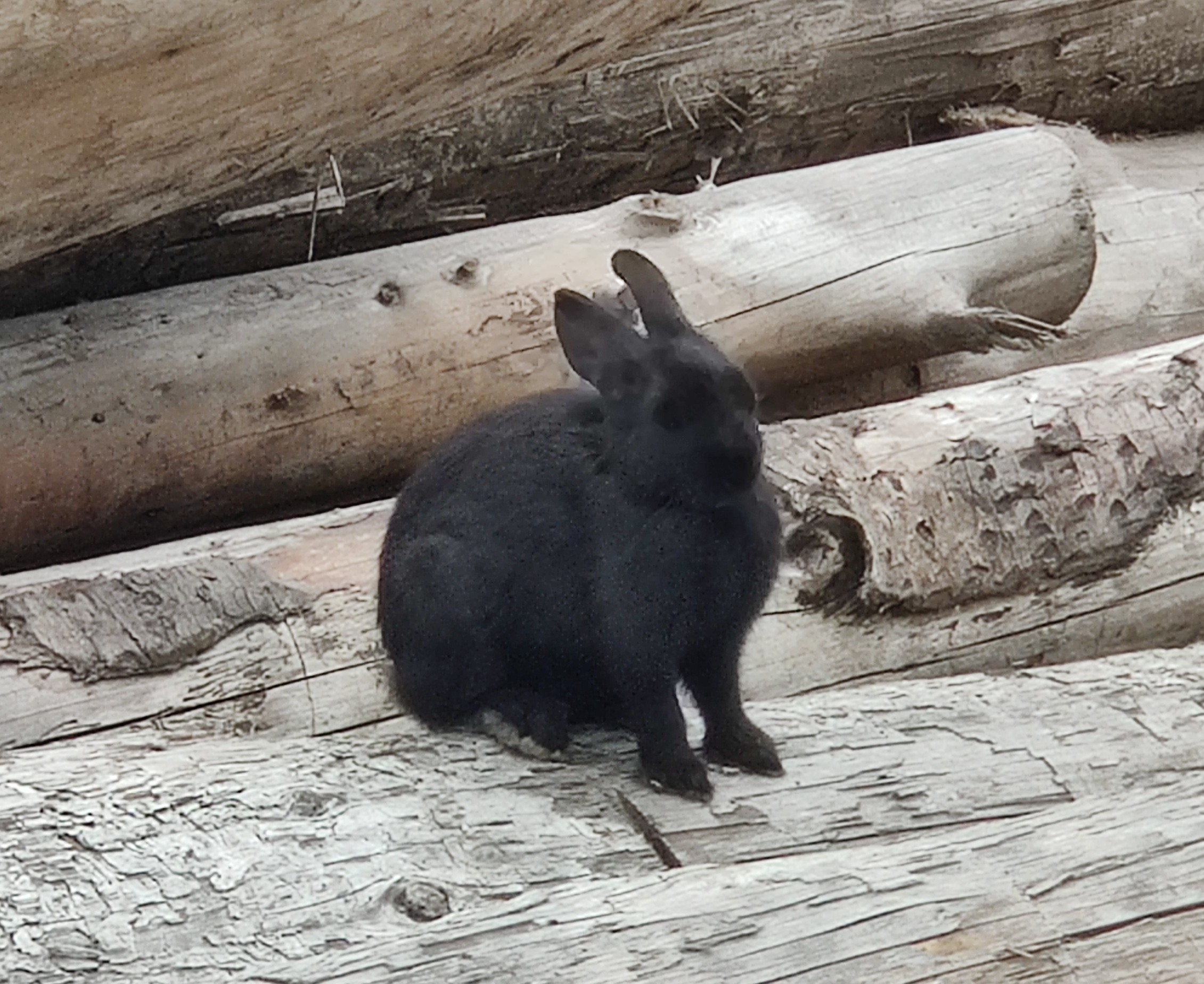For years, B.C. has relied on seasonal workers — many of whom are university students — to fight wildfires, but as wildfire seasons begin earlier and are prolonged due to the effects of climate change, some say there needs to be more effort to retain experienced wildfire fighters.
This is the best summary I could come up with:
“There are huge retention issues and crew leaders that haven’t experienced highly stressful environments have no choice but to go out there, soon after they’re hired,” he said.
Kallos argues there is no substitute for being out in the field, and that it takes working through multiple wildfire seasons for a crew member to be considered experienced.
Wildfire seasons traditionally begin at the end of June and early July — but in recent years, they have started much earlier.
Brenden Mercer, who was a tree feller with the BCWS before he joined the First Nations Emergency Services Society, said a lot of his firefighting colleagues were at university in the fall and winter and turned to fighting wildfires in the summer.
Kallos says that wildfire fighters are invested in doing a good job and protecting the province, but the working schedule and long hours can take a mental toll — which can contribute to them not joining for another season.
“We’re actually bringing in a whole new piece of legislation called the Emergency and Disaster Management Act,” she told CBC’s Power and Politics.
I’m a bot and I’m open source!
Why would BC spend $18-38 per hour on wildland firefighters when Public Safety Canada will give them soldiers for $0?
That’s all they get paid? No wonder they can’t retain them.



